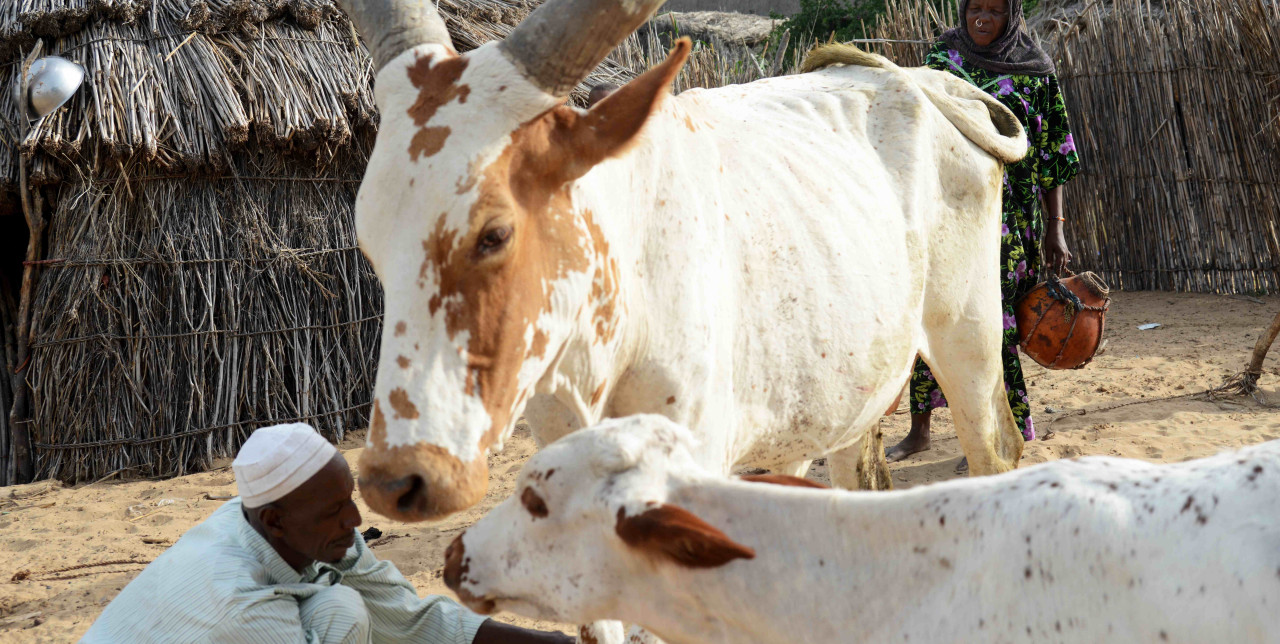30-01-2018 | di COOPI
CAR: the renaissance of breeding in Bangui
Despite the persistence of the humanitarian crisis in the Central African Republic, COOPI is committed to relaunching the livestock sector in the country's capital, Bangui. The project - funded by the European Union for two and a half years - aims to strengthen the food and nutrition safety of the urban communities of Bangui , allowing the 1,400,000 inhabitants of the city to benefit from the support provided to the sector.
The organisation will support 1,000 shepherds in the modernisation of their activities. It will do this by setting up facilities for livestock breeding, rehabilitate a factory, support farmers in the production of animal feed and organise food retailing. In order to include the most vulnerable populations, COOPI will select beneficiaries based on specific criteria (head of households, widows and orphans, displaced people, people with HIV, etc.). Moreover, given the fundamental role they play in breeding and in order to enable empowerment, women will play a key role in the project.
The number of women supported makes up 35.5% of the demographic involved. This apparently low percentage is due to the fact that in the Central African Republic, women practice only a few types of breeding, such as fish farming, as these activities are often reserved for men. This is attributed to the difficulty of access to land for women and the physical fatigue involved. However, the data makes apparent that although support is aimed at 64.5% of men, the latter are in fact generally supported by wives in the maintenance of their herds. COOPI also adopts a development approach that favours the choice of existing farms, which affects the proportion of women represented (despite some selection criteria that favour women).
Politico-military events have profoundly aggravated food insecurity causing unprecedented inflation (the price of animal protein, for example, has increased by 71%) and a decline in purchasing power, also caused by the increase in number of families without income (GDP decreased by 31% between 2012 and 2015). Furthermore, since 2013 more than half of the country's livestock has been lost during the crisis as a result of thefts, slaughtering and emergency sales. In addition to this, the operational and resale infrastructure of the sector have been severely damaged. Due to these reasons, in 2016 27% of Bangui's population was in a state of food insecurity.




 Central African Republic
Central African Republic